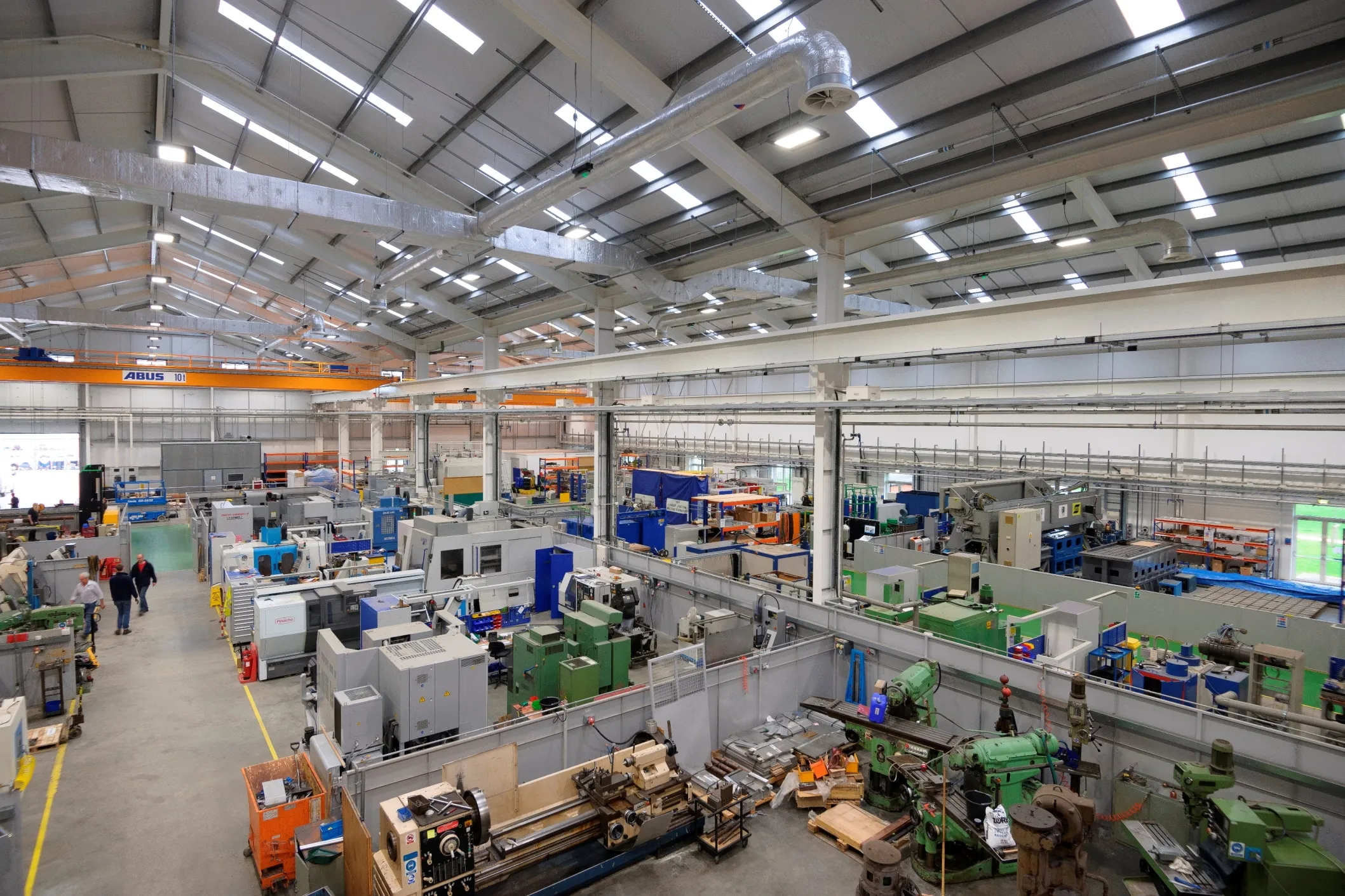A new agreement has been reached that will foster more cooperation and collaboration with regard to engineering at an international level. The International engineering federation FIDIC (the International Federation of Consulting Engineers) has signed a memorandum of understanding (MoU) with the China International Contractors Association (CHINCA). This move is intended to improve collaboration between international and Chinese businesses, facilitate skills and knowledge transfer and increase the understanding and use of FIDIC contracts.
The two-year MoU was signed following discussions between FIDIC and CHINCA. Both organisations agreeg on the need to improve collaboration and cooperation between businesses in China and internationally.
The MoU agrees areas for collaboration, including: establishing a CHINCA-FIDIC resources sharing framework; setting up an information exchange framework for publications, reports and market information; joint working to support both organisations’ research activities; encouraging Chines contractors to use quality-based selection. It also includes: working together on the Belt and Road Initiative (BRI); sharing human resources knowledge and collaborating on training initiatives; increasing exchange visits between the leaders of CHINCA and FIDIC.
Commenting on the signing of the MoU, FIDIC chief executive Dr Nelson Ogunshakin said: “This is a landmark moment for FIDIC and the construction and infrastructure industry in China. Both FIDIC and CHINCA represent businesses whose activities create a legacy that citizens experience for generations and the social and economic impacts of that work influence wellbeing, culture and societal structures for decades, so it is essential that we work together for the common good. I look forward to both organisations learning from each other and to a fruitful collaboration to ensure that we create better outcomes for our world and its citizens.”








